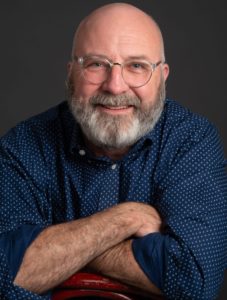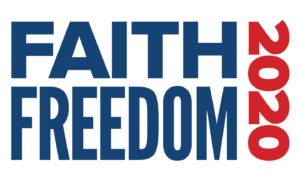 The still-unanswered question is why it took two and a half years for news of Abraham Lincoln’s Emancipation Proclamation to make it to Texas. Why did enslaved people in Texas continue living in bondage when by law they were free?
The still-unanswered question is why it took two and a half years for news of Abraham Lincoln’s Emancipation Proclamation to make it to Texas. Why did enslaved people in Texas continue living in bondage when by law they were free?
Theories abound about the lag from the official proclamation on Jan. 1, 1863, to the declaration of this news in Texas on June 19, 1865. By some accounts, a messenger on his way to Texas with the news was murdered. By other accounts, the good news of freedom was deliberately withheld by slaveholders who didn’t want to acknowledge it. Still others surmise that federal troops delayed in order for the slave owners to get through one more cotton harvest — a 19th century version of preserving the economy at all costs.
Another part of the story is that Lincoln proclaimed freedom for slaves before the war was won — and even determining when the war officially ended is impossible to say. Some argue that the war continues to this day.
Whatever the reason for the delay, thousands of enslaved humans in Texas didn’t get the news that slavery had been abolished in the Confederate states. The story wasn’t told.
But why is a middle-aged white guy like me writing about this historical travesty on this very Juneteenth — the anniversary of that day in 1865 when Union soldiers, led by Major General Gordon Granger, landed at Galveston with news of emancipation? I’m writing because it turns out that there’s a lot of news I have failed to learn, too.
Last year, while watching the hit HBO series “Watchmen,” I learned about the Tulsa Race Massacre of 1921. This historical event plays a pivotal role in setting up the TV series. As I watched the show, I remember thinking, “This sure looks like something that really happened; I wonder where and when it was.”
A simple Internet search taught me that this was indeed a real event that had happened less than 90 miles from where I was born and within 100 miles of where I studied Oklahoma history in junior high and high school. And yet I never had heard the story of what one historian called “the single worst incident of racial violence in American history.” Through 11 years of public school education and two years of college education in Oklahoma, I never heard the story of how up to 300 black citizens were murdered by white supremacists and 35 square blocks of the wealthiest black community in the United States was reduced to rubble.
How could I not have been taught about this?
Also just last year, I learned about the Katz Drug Store sit-in that took place in Oklahoma City in the summer of 1958. This nonviolent protest of segregation set off a sit-in movement that lasted for years. Even though I lived maybe 15 miles from the location of this sit-in, I might as well have lived halfway around the world. Another part of local history we were not taught.
This lack of education is easier to understand if you realize that the small-town school district I attended through fourth grade still practiced segregation — based on which side of the train tracks you lived. And the school district where I attended fifth through 11th grade was in such a lily-white suburb that I honestly did not know a single black person. Not one.
It is no wonder, then, that we white Americans assume things are better for our black and brown neighbors than they really are. Few of us know the full story, the real story. We have some facts to throw around, but we do not have knowledge.
Sometimes we lack knowledge because we think ignorance is bliss; it is easier not to know. Sometimes we lack knowledge because we prefer to believe a lie. And sometimes we lack knowledge because no one has told us the full story.
The more we learn about someone else’s story, the more understanding we gain about their perspectives. The more we learn about someone else’s story, the more compassion we feel toward them. The more we learn about someone else’s story, the more we realize we must change.
This year, Juneteenth must not be a “black holiday.” If we are to find a way forward in our country, if we are to be authentic followers of Jesus, we must find the humility to admit that we don’t know nearly as much as we think we do. This year, Juneteenth must become a day for all of us to earnestly fill in the gaps of the stories we have not been taught. To fail to do so will leave us all in bondage.

This article is part of the Faith Freedom 2020 collaboration. See other resources at FaithFreedom2020.org.
Related content:
White minister tells George Floyd mourners white Christians must fight racism
I’m weary of hearing “I’m sorry” from white people
Ahmaud, Breonna, Christian, George, and The Talk every black boy receives
